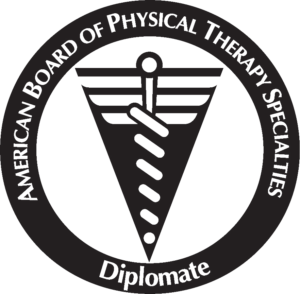Exercise and Leaks: Dispelling the myths
Do you leak urine with exercise? Many women limit their exercise due to leaking with running and jumping. They think that they need to do more "kegels" to strengthen their muscles more. They hold their pelvic floor muscles tight, in…











